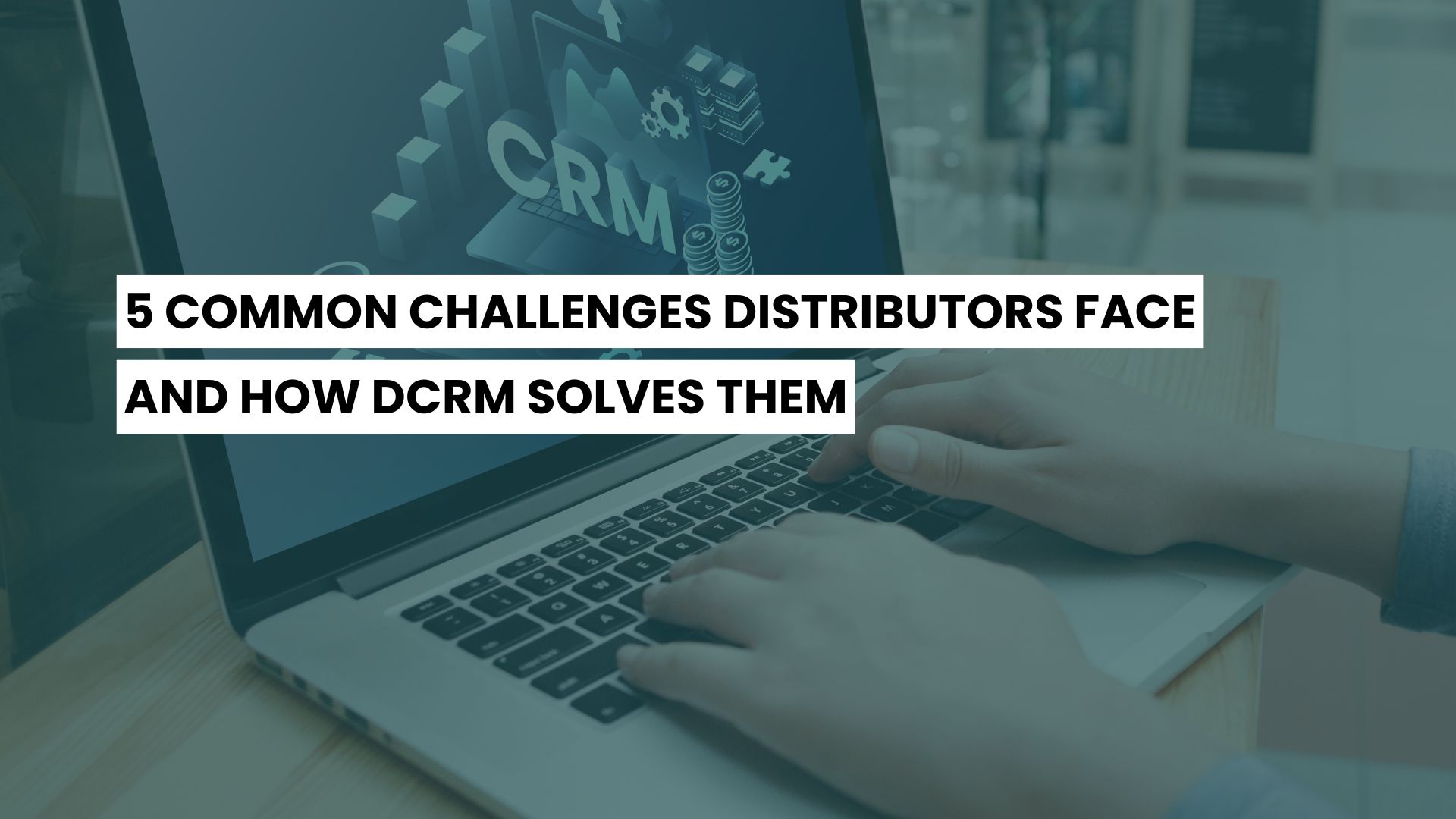Effective distribution management is crucial for maintaining a competitive edge. The right Distribution Management Software (DMS) can streamline operations, enhance efficiency, and boost overall productivity. However, like any technological solution, DMS comes with its own set of challenges. In this article, we’ll explore common hurdles faced by businesses in implementing and optimizing distribution management software, along with actionable strategies to overcome them.
Introduction
Distribution Management Software has become a cornerstone for businesses aiming to optimize their supply chain and enhance customer satisfaction. While the benefits are substantial, challenges in implementation and utilization can impede the seamless integration of DMS into daily operations.
The Initial Implementation Dilemma
Implementing new software can be a daunting task. The initial phase often brings about resistance from team members accustomed to existing processes. To overcome this challenge, provide comprehensive training and highlight the positive impact of the DMS on day-to-day tasks. Demonstrating the user-friendly interface and the time-saving capabilities can ease the transition.
Data Integration Complexities
One of the primary challenges in DMS adoption is the integration of existing data systems. Mismatched data formats and structures can lead to errors and inefficiencies. To address this, invest in a DMS solution that offers robust data integration capabilities. Seamless integration ensures that data flows effortlessly between systems, minimizing disruptions.
Streamlining Operations for Maximum Efficiency
Efficient distribution management relies on the smooth coordination of various operational elements. Let’s delve into the challenges faced in optimizing day-to-day operations and explore solutions to ensure maximum efficiency.
Real-Time Visibility
A lack of real-time visibility into inventory, orders, and shipments can lead to delays and customer dissatisfaction. To counter this, select a DMS that provides real-time tracking and reporting features. This not only enhances visibility but also enables proactive decision-making to address potential issues before they escalate.
Order Fulfilment Bottlenecks
Order fulfillment is a critical aspect of distribution management. Identifying and resolving bottlenecks in the fulfillment process is essential. Utilize the analytics capabilities of your DMS to pinpoint areas of improvement. This data-driven approach allows for targeted interventions, reducing fulfillment times and enhancing customer satisfaction.
Scalability Concerns
As businesses grow, scalability becomes a significant concern. The DMS implemented should have the flexibility to scale alongside the business. Choose a solution that allows for the seamless integration of additional functionalities and can adapt to the evolving needs of the organization.
Embracing Technology for Enhanced Collaboration
In a distributed business environment, effective collaboration is key to success. Overcoming challenges related to collaboration can significantly impact the overall efficiency of distribution management.
Communication Gaps
Silos in communication can lead to misunderstandings and delayed responses. Implement collaborative features within the DMS, such as messaging platforms and shared workspaces. This ensures that all team members are on the same page, promoting a collaborative and communicative environment.
Vendor and Partner Integration
For businesses working with multiple vendors and partners, integrating external entities into the distribution management system can be challenging. Opt for a DMS that supports seamless external integrations, fostering a cohesive ecosystem. This integration streamlines communication and enhances collaboration with external stakeholders.
Conclusion
In the dynamic landscape of distribution management, challenges are inevitable. However, with the right approach, these challenges can be transformed into opportunities for growth and efficiency. Choosing a robust Distribution Management Software, addressing implementation concerns, streamlining operations, and embracing collaborative technology are key steps toward overcoming obstacles.
As businesses navigate the complexities of distribution management, the strategic utilization of DMS can be a game-changer. By staying proactive, fostering collaboration, and continuously optimizing operations, businesses can not only overcome challenges but thrive in the ever-evolving marketplace.




